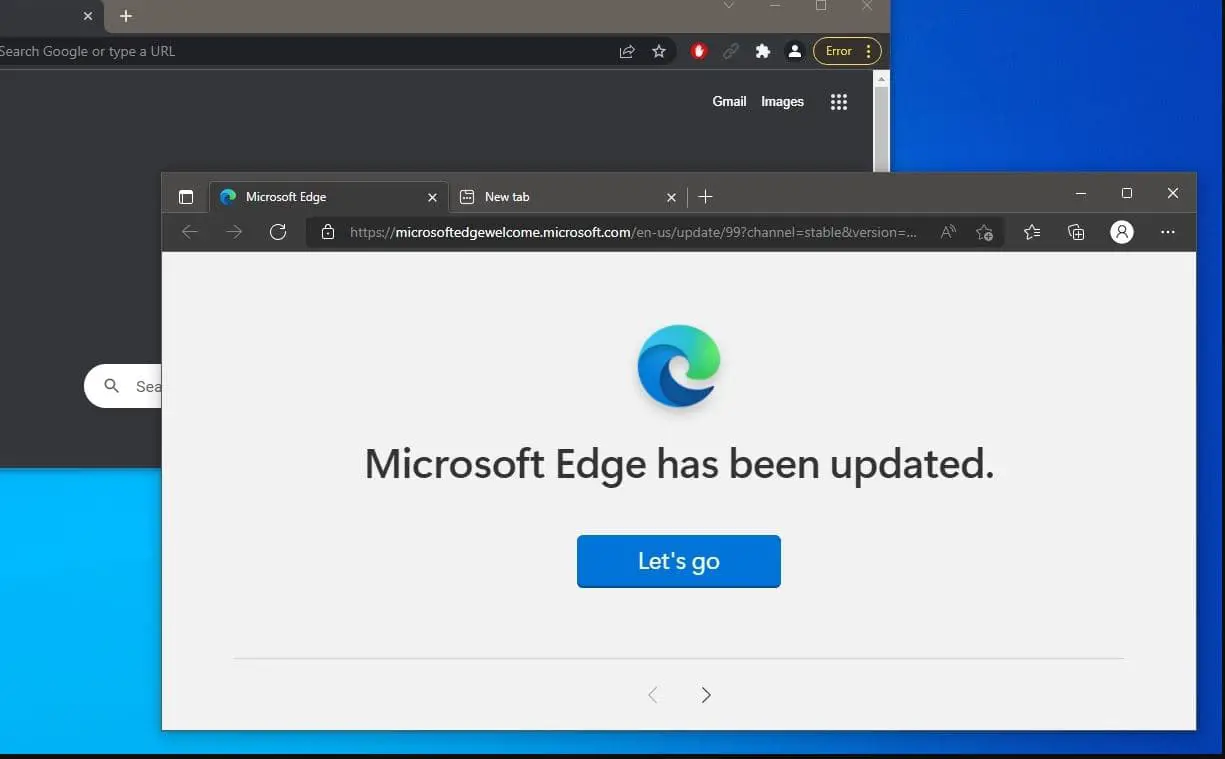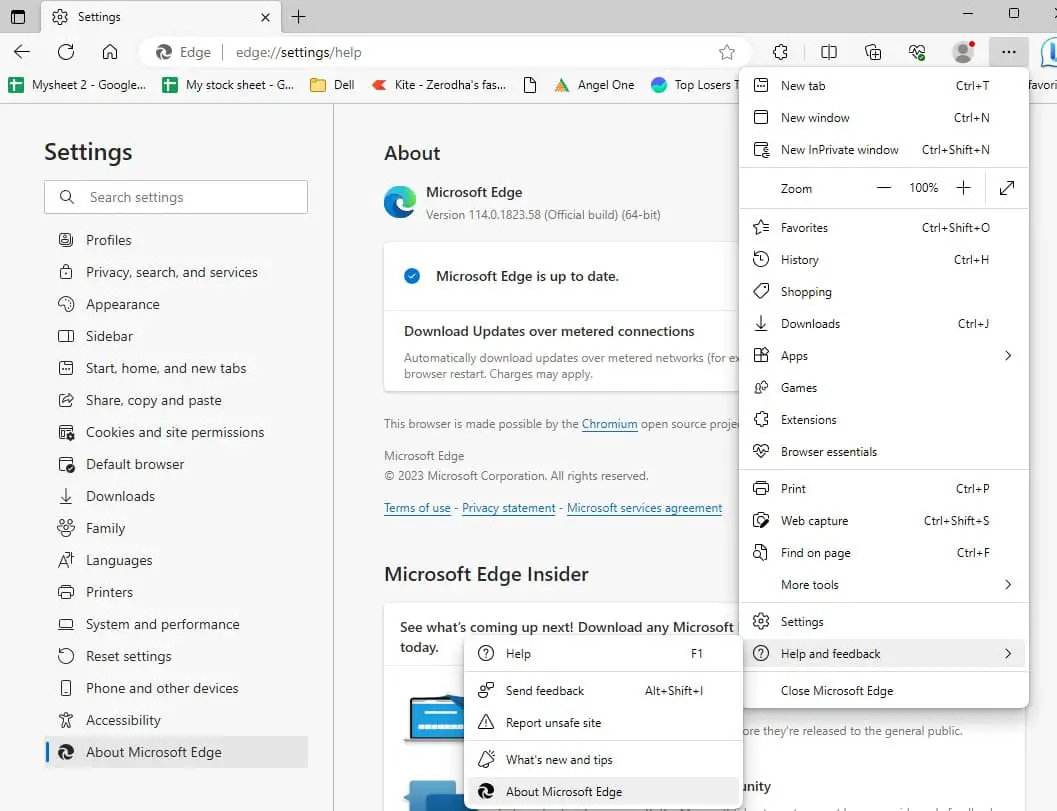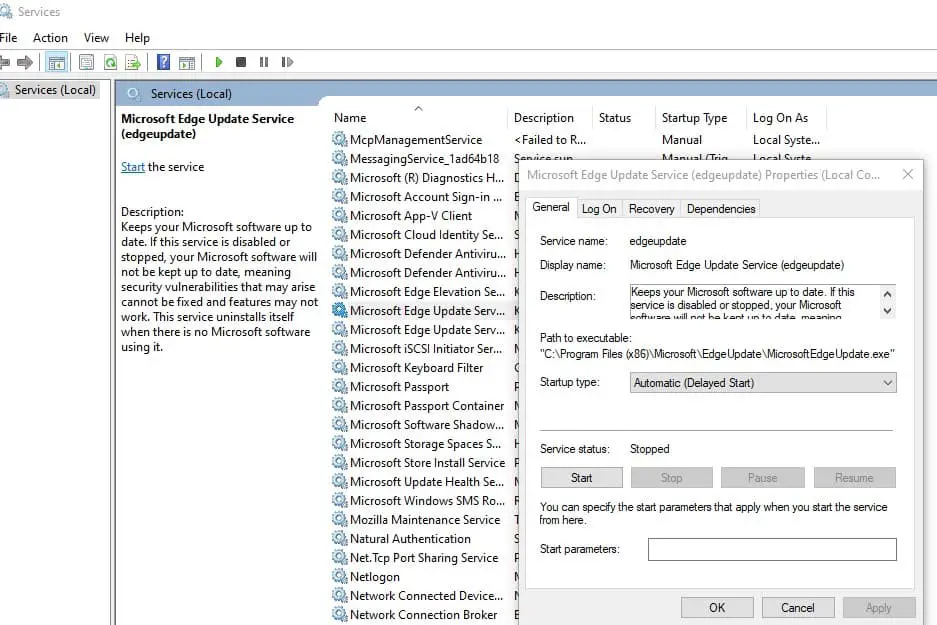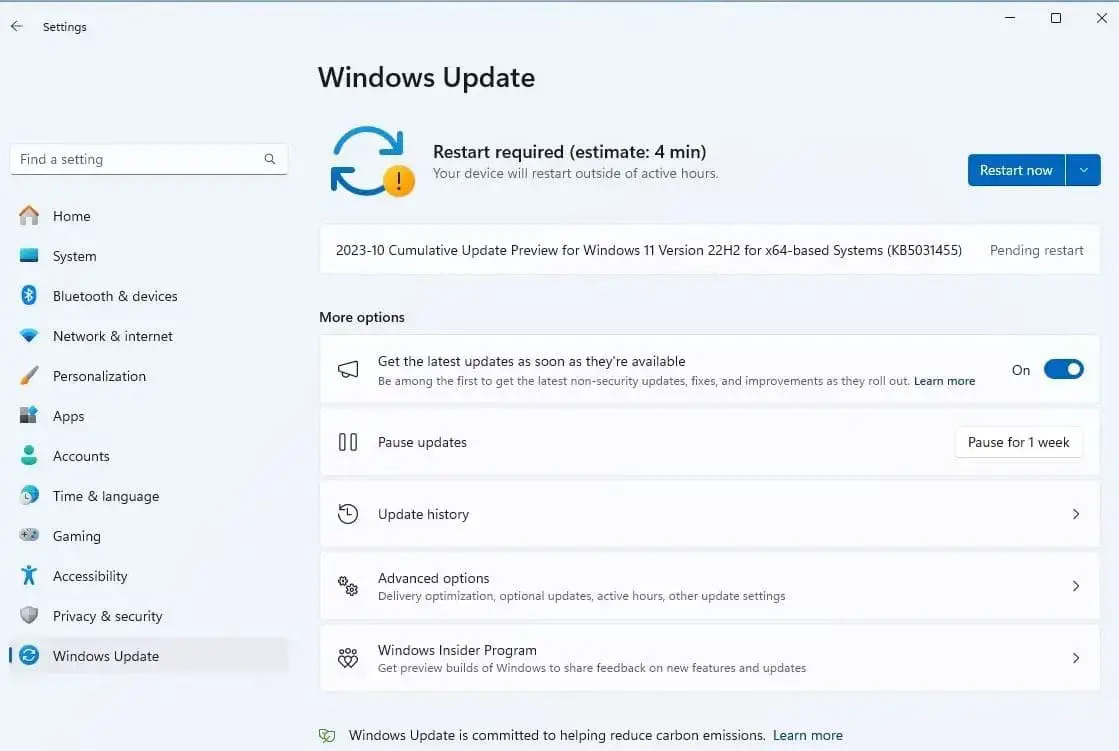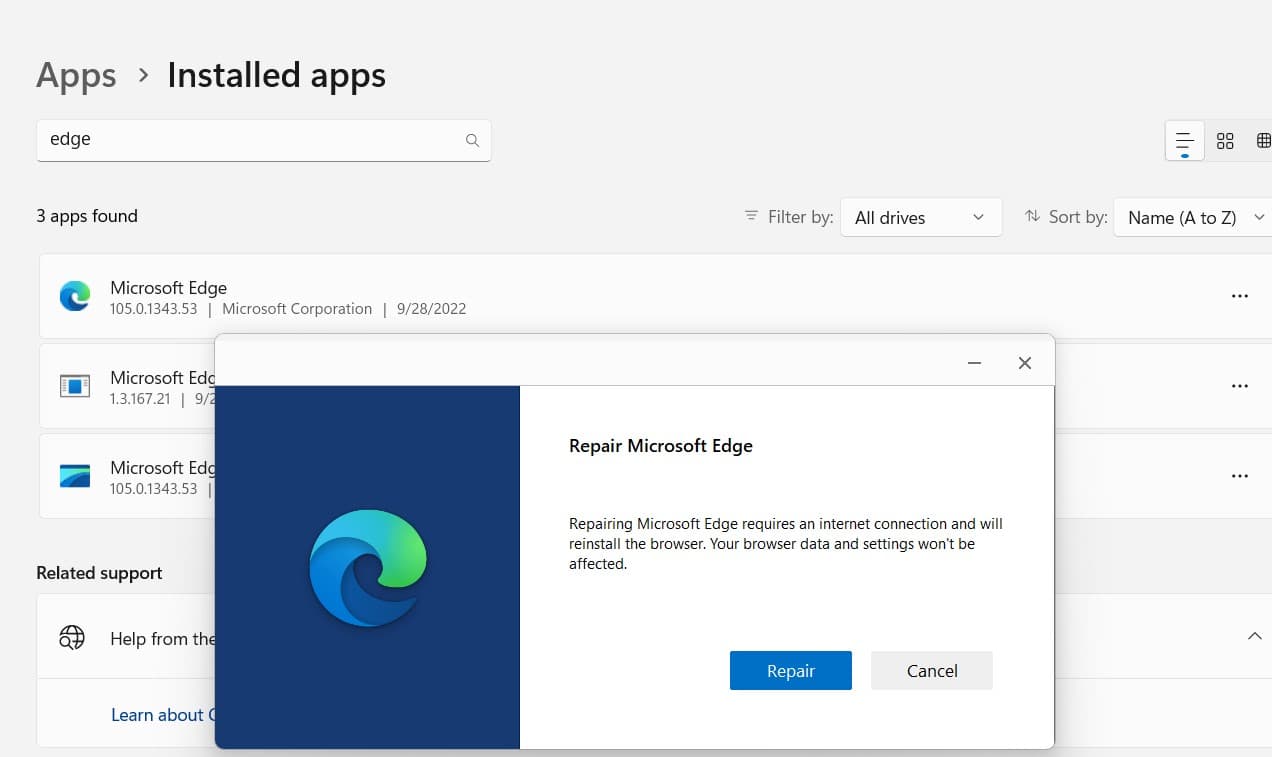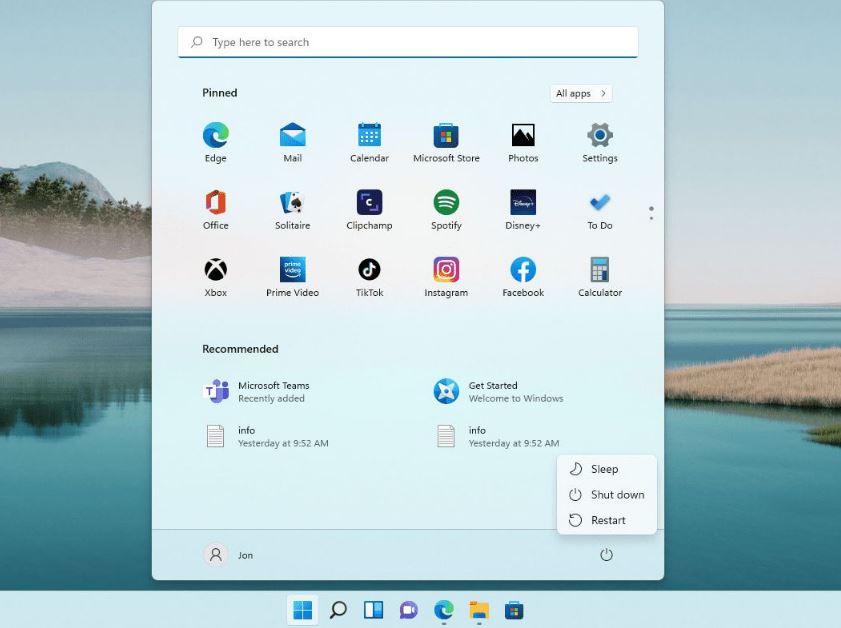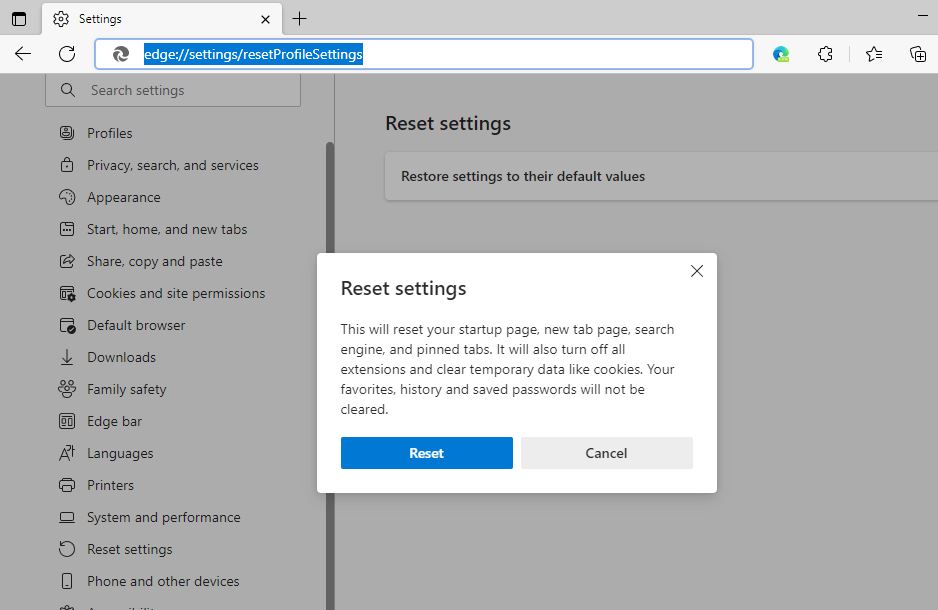Microsoft Edge the default web browser for Windows 11 and Windows 10 is based on the Chromium open-source project. Microsoft made the decision to switch from their proprietary EdgeHTML rendering engine to Chromium to improve compatibility with web standards and provide a better browsing experience. And the Tech giant regularly update Microsoft Edge with new features, critical security patches and performance improvements. In this article, we will guide you on how to update Microsoft Edge on Windows 11. Also, include troubleshooting tips to fix if you are experiencing problems update the browser or Microsoft Edge Isn’t Updating on Windows 11.
Chromium is an open-source web browser project led by Google and it serves a foundation for almost all popular web browser including Google chrome, opera and Microsoft Edge.
How to Update Microsoft Edge
Regularly updating Microsoft Edge ensures you have access to the latest security patches, performance enhancements, and new features. The processes for updating Microsoft Edge to the latest version are similar across most Devices include Windows 11, Windows 10 or even on Android or iOS devices.
How to Update Microsoft Edge manually
Similar to other chromium based browsers, Microsft Edge is also designed to be updated on its own without your intervention. But if for some reason, it doesn’t, leaving you with security loopholes you will miss the new features that come up with an update.
To update your Edge browser manually:
- First, open the browser on your Windows 11 device.
- Click on the three-dot menu icon in the top-right corner of the browser.
- Select Help and Feedback > About Microsoft Edge.
- Alternatively, you can open Chrome settings and then click on “About Microsoft Edge” in the left sidebar.
Microsoft Edge will automatically check for updates and display the current version. If an update is available, it will begin downloading and installing automatically.
- Once the update is complete, you may need to restart the browser to apply the changes.
Microsoft Edge Not Updating
If for some unknown reason, you’re unable to update Microsoft Edge browser through the method described or you may experience errors while attempting to update Microsoft Edge manually. Here’s what to do if Microsoft Edge not updating on your PC.
Check internet connection
The first thing you need to Ensure that you have a stable internet connection during the update process to avoid any interruptions. If you use a metered connection disable it. You can visit a website like fast.com or speedtest.net to check your internet speed.
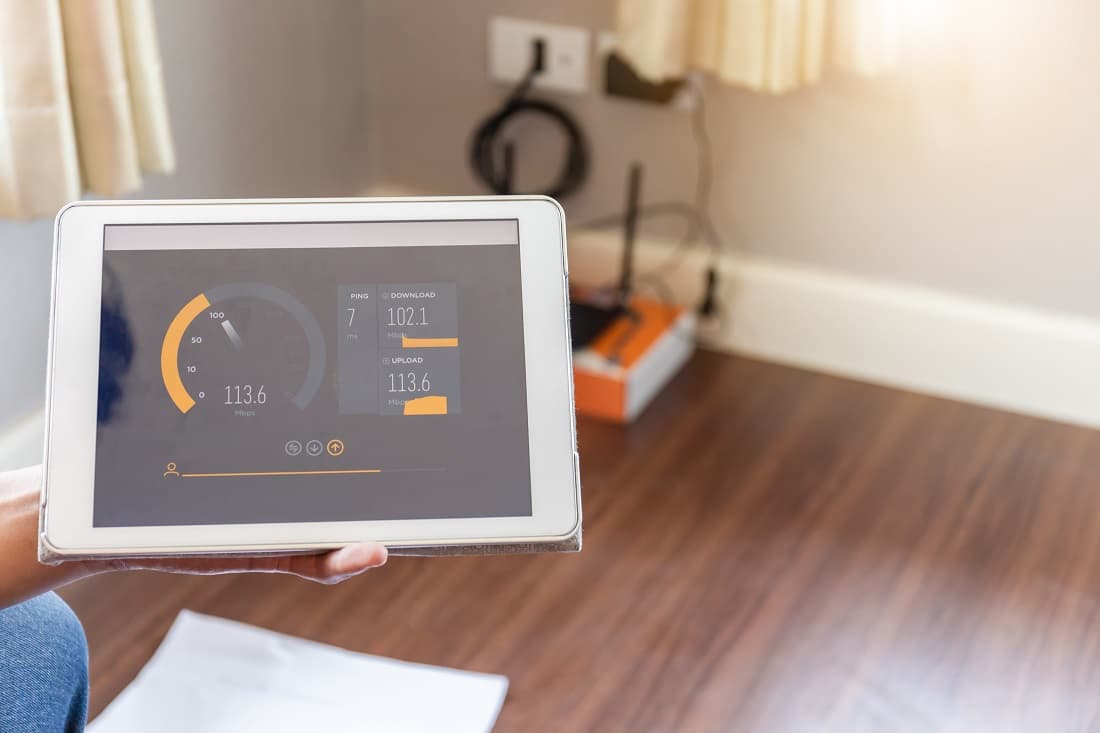
Restart Windows and Edge Update service
Microsoft Edge Update Service is responsible for periodically checking and installing Edge updates on Windows. It’s recommended to keep automatic updates enabled for both Windows 11 and Microsoft Edge to ensure you’re always using the latest and most secure version.
- Press the Windows key + R, type services.msc and click ok
- Scroll down to locate ‘Microsoft Edge Update Service’ right-click on it and select restart.
- Now locate the Windows update service, right-click on it select restart.
Note – if the service not running, right-click on it and select properties, Now change the startup type automatic and start the service next to service status.
Update Windows
Ensure that your Windows operating system is up to date. Sometimes, pending Windows updates can interfere with the update process for Microsoft Edge.
- Press the Windows key + I to open “Settings”
- Go to “Windows Update” and check for any available updates.
- If pending updates there, allow them to download and install
- Once done, reboot your PC to apply the changes.
Repair Microsoft Edge
It may be incorrect settings or a temporary bug preventing Microsoft Edge from updating the latest version. Repairing the browser is an effective way to fix the browser while keeping the data and settings intact.
- Right-click on the start menu and select installed apps
- Scroll down to locate Microsoft Edge, click on the three do menu select the modify option
- Next, Click the Repair button to initiate the process and follow the on-screen instructions
- Ensure your device is connected to the working internet. This will download fresh files from the server and reinstall the browser
Restart your Device
Sometimes, a simple restart can resolve temporary glitches and allow the update process to proceed smoothly. Restart your computer and try to update Microsoft Edge manually.
- Press the Windows key on the keyboard, locate the power icon
- Now select the restart option to refresh windows and clear temp glitches that may prevent edge updates.
Reset Microsoft Edge settings
If the above solutions don’t fix still Microsoft Edge update fails, Resetting the browser default settings can help resolve any conflicts or misconfigurations that may be preventing updates.
- Open the Edge browser, click three dot menu select settings
- Click on “Reset settings” in the left sidebar.
- Next, Click on the “Restore settings to their default values” option and then click on “Reset.”
In addition, press the Windows key + R, type appdata/Local/Microsoft/Edge/User Data and click ok. Here locate and delete the Default folder. Restart Edge and try to update the browser again.
If you’re experiencing any issues with Microsoft Edge after an update, consider clearing your browser cache or resetting the browser settings.
Also read:
- How to Speed Up Microsoft Edge Browser on Windows 10 / 11
- Solved: The network adapter is not working after the Windows 10 update
- How to find wifi password on Windows 10 /11 Laptop
- Apps not downloading from Microsoft Store Windows 11 [Solved]
- 6 Ways to fix Discord update failed loop windows 11
- Wi-Fi Option Not Showing in Windows 11 Laptop? Here is how to Get it Back
